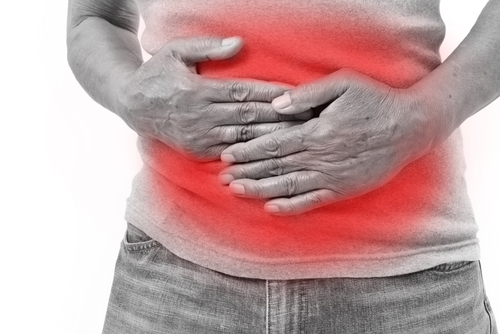Es befinden sich keine Produkte im Warenkorb.
IBS - Irritable Bowel Syndrome, Lifestyle Tips
The Gut is your “Second Brain”, its important!

Having you ever wondered where the saying “trust your gut feel” comes from? This is because it is wildly acknowledged that the gut acts as our second brain and so is very important to look after it.
Many facets of modern life such as high stress levels, too little sleep, eating processed and high-sugar foods, and taking antibiotics can all damage our gut microbiome. This in turn may affect other aspects of our health, such as the brain, heart, immune system, skin, weight, hormone levels, ability to absorb nutrients, and even the development of cancer.
Signs of an unhealthy gut
- Upset stomach
- Increased sugar cravings
- Unintentional weight gains
- Interrupted sleep and fatigue
- Skin irritation
- Autoimmune diseases
- Food intolerances
7 Things you can do for your gut health
1. Lower your stress levels
Chronic high levels of stress are hard on your whole body, including your gut. Some ways to lower stress may include meditation, walking, getting a massage, spending time with friends or family, diffusing essential oils, decreasing caffeine intake, laughing, yoga, or having a pet.
2. Get enough sleep
Not getting enough or sufficient quality of sleep can have serious impacts on your gut health, which can in turn contribute to more sleep issues. Try to prioritize getting at least 7–8 hours of uninterrupted sleep per night. Your doctor may be able to help if you have trouble sleeping.
3. Eat slowly
Chewing your food thoroughly and eating your meals more slowly can help promote full digestion and absorption of nutrients. This may help you reduce digestive discomfort and maintain a healthy gut.
4. Stay hydrated
Drinking plenty of water has been shown to have a beneficial effect on the mucosal lining of the intestines, as well as on the balance of good bacteria in the gut. Staying hydrated is a simple way to promote a healthy gut.
5. Take a prebiotic or probiotic
Adding a prebiotic or probiotic supplement to your diet may be a great way to improve your gut health. Prebiotics provide “food” meant to promote the growth of beneficial bacteria in the gut, while probiotics are live good bacteria. People with bacterial overgrowth, such as SIBO, should not take probiotics. Not all probiotic supplements are high quality or will actually provide benefit. It’s best to consult your healthcare provider when choosing a probiotic or prebiotic supplement to ensure the best health benefit.
6. Check for food intolerances
If you have symptoms such as cramping, bloating, abdominal pain, diarrhea, rashes, nausea, fatigue, and acid reflux, you may be suffering from a food intolerance. You can try eliminating common trigger foods to see if your symptoms improve. If you are able to identify a food or foods that are contributing to your symptoms, you may see a positive change in your digestive health by changing your eating habits.
7. Change your diet
Reducing the amount of processed, high-sugar, and high-fat foods that you eat can contribute to better gut health. Additionally, eating plenty of plant-based foods and lean protein can positively impact your gut. A diet high in fiber has been shown to contribute tremendously to a healthy gut microbiome.
